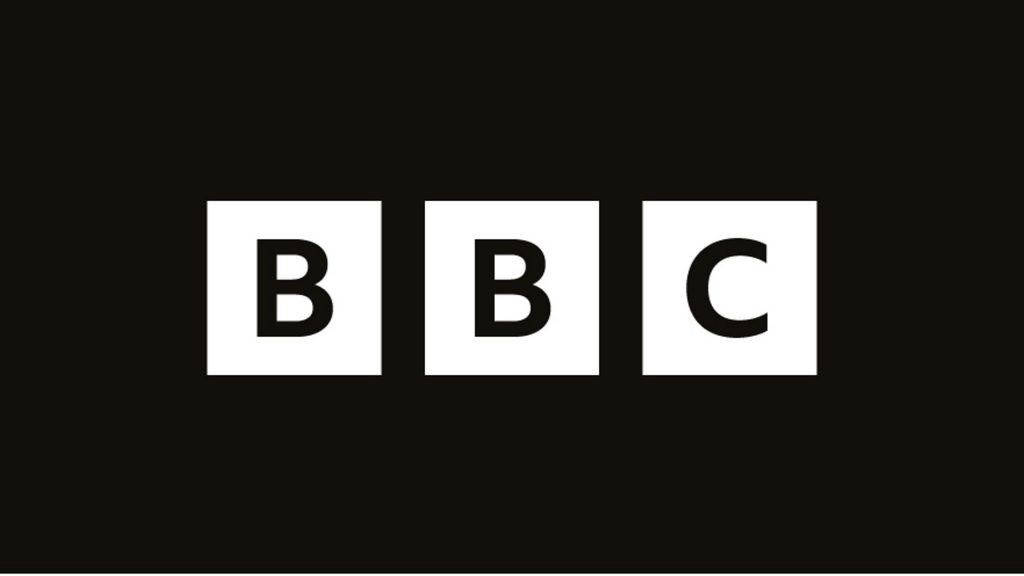Two years after re-launching BBC Three as a linear channel, the BBC Director General confirms a shift back to the BBC iPlayer.
- BBC Director General Tim Davie outlines plans for the BBC
- Content for younger audiences focused on the BBC iPlayer
- Plans to enhance the BBC’s live output
- “Biggest ever” public consultation on the future BBC to launch next year.
BBC Director General Tim Davie (pictured above) has outlined the BBC’s plans for the future.
In a speech delivered to the Royal Television Society (RTS) on Tuesday, Davie confirmed the broadcaster will “accelerate” a shift in content spend from broadcast-only output and towards streaming.
Just three years after re-launching BBC Three as a linear channel, Davie announced the BBC would “deliver more value for younger audiences by focusing all our commissioning, marketing and social media activity on BBC iPlayer rather than through BBC Three’s linear channel.”
After the big relaunch marketing push, BBC audiences can expect less promotion for BBC Three. New shows for younger audiences will be commissioned with the iPlayer, not the linear channel in mind. The BBC says BBC Three will be brought closer in line with current arrangements for BBC One, Two and Four.
The BBC Three linear channel will remain to curate the best BBC TV for younger audiences.
Enhancing the BBC’s live offer
Davie also revealed audiences will see more livestreams on BBC iPlayer and BBC Sounds. Users will be able to use the BBC’s platforms to debate and share views constructively. The BBC will prioritise coverage of live events of the kind that bring audiences together. They include major sports, cultural and news events.
In the forthcoming local elections, the BBC will for the first time host mayoral debates in every combined authority. It will expand its Hot Seat feature on local radio where leaders are held to account by the public.
Davie confirmed the broadcaster is “nearly done” in delivering £500 million of annual savings. The money has been deployed to fund digital investments and cope with historic licence fee settlements. It’s now working on plans for a further £200 million which will be primarily deployed on ensuring the BBC can deliver enough impactful content and ensure investment in digital/online products.
Public consultation
Ahead of the new BBC Charter starting in 2028 and a potential future without public funding through the licence fee, the BBC will open its biggest-ever consultation.
The consultation aims to provide the public with a process through which they can drive the debate on the future BBC. Davie noted that the BBC’s aim “is to make contact and get feedback from hundreds of thousands of people, and we do so with an open mind.”
Davie also called on a better funding arrangement for the World Service. After a round of controversial cuts to BBC Local Radio, Davies said something has to be done.
We cannot keep asking UK Licence Fee payers to invest in [the World Service] when we face cuts to UK services.
The BBC is calling for the Government to take over funding of the World Service. This would reverse a decision made in 2010.
Full details of the BBC’s plans for the coming years will be published imminently in the broadcaster’s annual plan.
Marc Thornham
[Image: BBC]

